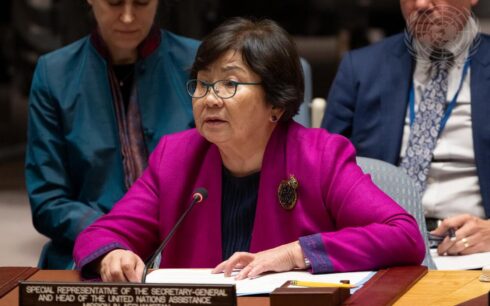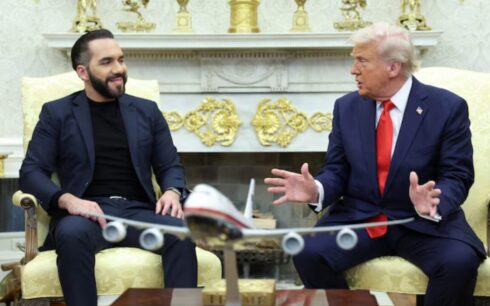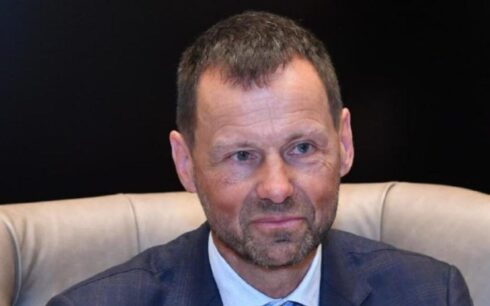In a new order, Taliban leader Hibatullah Akhundzada, removed Hedayatullah Badri as governor of Taliban-run Central Bank. He is replaced by Noor Ahmad Agha, a sanctioned Taliban’s member who was appointed as Central Bank’s No. 2 official after the fall of Kabul.
According to a research by Middle East Institute, Noor Ahmad Agha, also known as Ahmad Zia Agha, who held the position of First Deputy Governor of the Afghanistan Central Bank since the fall of 2021, is a senior Taliban military and financial leader, recognized for managing funds allocated for explosive devices and distributing money to Taliban commanders and associates across Afghanistan and the region.
The U.S. government has labeled him a Specially Designated Global Terrorist (SDGT) for his involvement in financing terrorist activities, according to the Middle East Institute.
According to the research, as of 2010, he oversaw the Taliban’s military council responsible for the Taliban’s military operations in western Afghanistan.
Before that, in 2009, he served as the principal finance officer for the Taliban, responsible for disbursing funds to the group’s field commanders across Afghanistan, the institute says.
According to information provided by the institute, Agha’s financial duties extended to transferring substantial amounts to the Taliban’s shadow provincial governors and funding military operations, particularly those involving improvised explosive devices (IEDs).
In his current role as the second-ranking official at the Taliban’s Central Bank, Noor Ahmad Agha oversaw matters related to countering terrorism financing and anti-money laundering.
Born in 1974, he is listed on the UN’s sanctions list under the designation TAi.156.
He is also blacklisted by the U.S. and the European Union for allegedly managing funds intended for bombs and for distributing money to Taliban commanders and associates abroad. The U.S. has labeled him a specially designated global terrorist.
After the fall of the previous government, the US froze $7 billion in assets of the Central Bank but later directed half of it to newly-found Afghan Fund in Swiss.
Da Afghanistan Bank’s foreign currency reserves were among the funds frozen, money largely managed by the Federal Reserve Bank of New York. The Biden administration proposed using the funds to provide humanitarian relief to Afghans and to compensate families of victims of the Sept. 11, 2001, attacks.
Taliban announced nine appointments on Saturday, July 6, including the removal of Hedayatullah Badri as governor of the Taliban-run Central Bank. Also a sanctioned Taliban official, Badri has been appointed as Taliban minister of mines, replacing Shahabuddin Dilawar.
Badri was appointed to the post in March 2023. After the Taliban takeover in August 2021, he was appointed as Taliban finance minister.
This reshuffling is part of a broader trend in which the Taliban has made 37 leadership changes from September 2023 to June 2024, with 35 of these involving reassignments within existing ranks.





